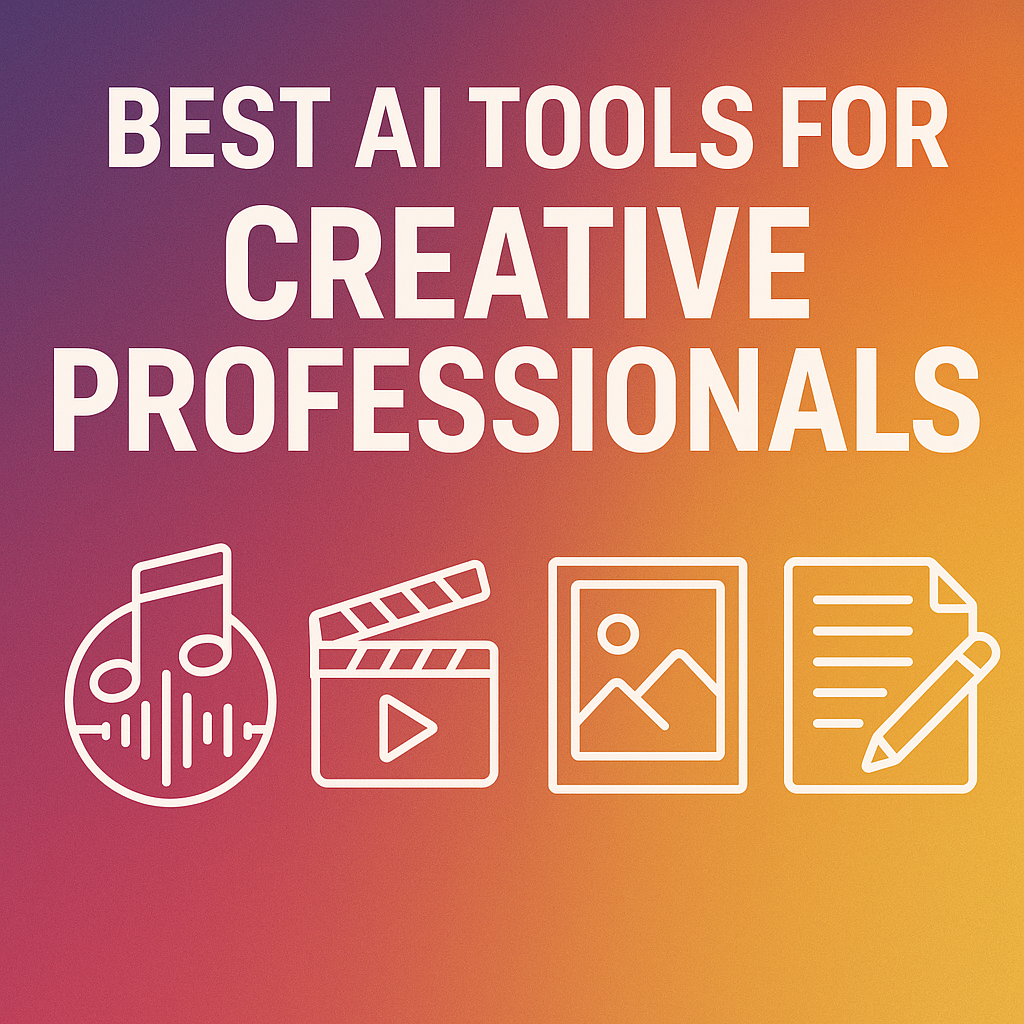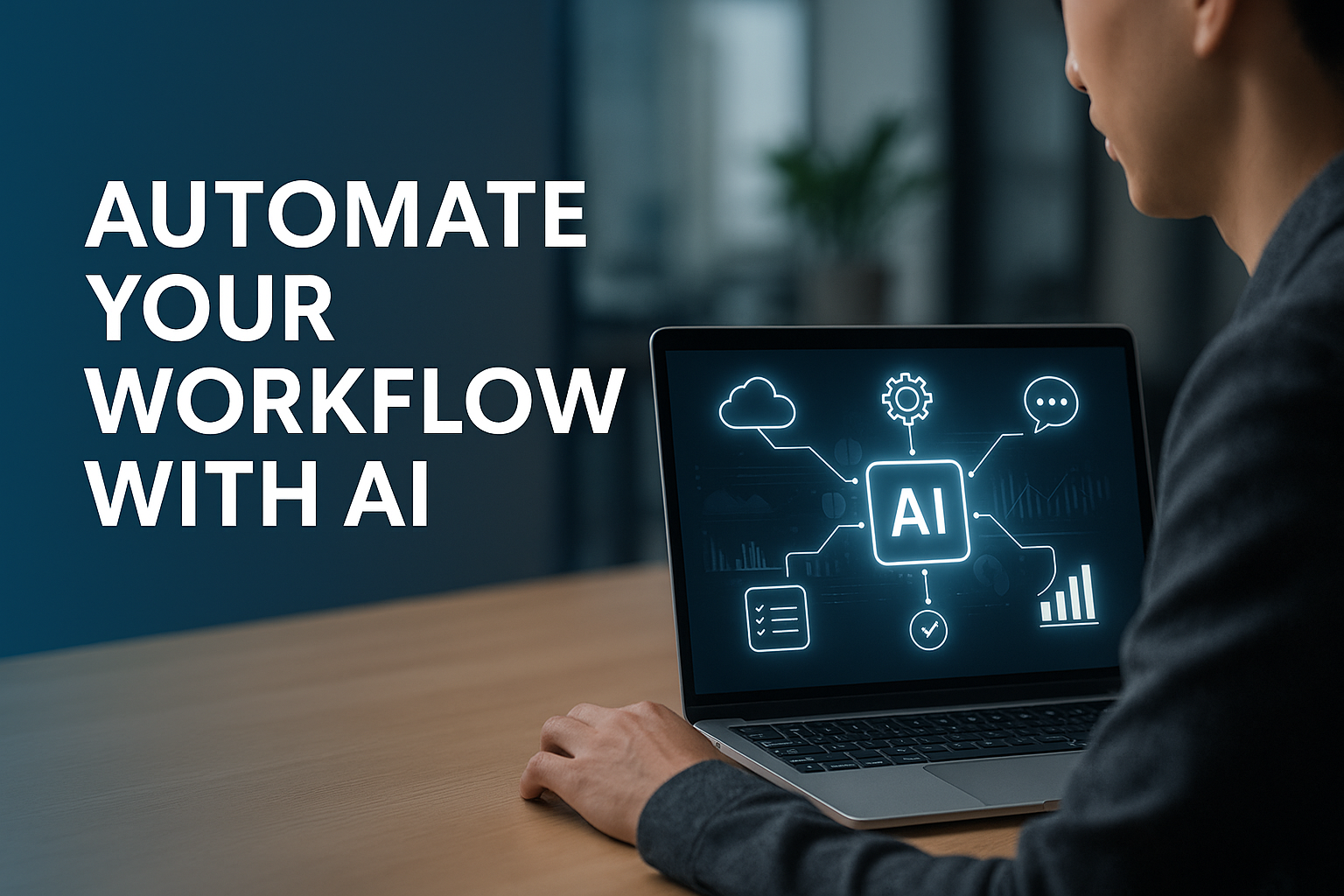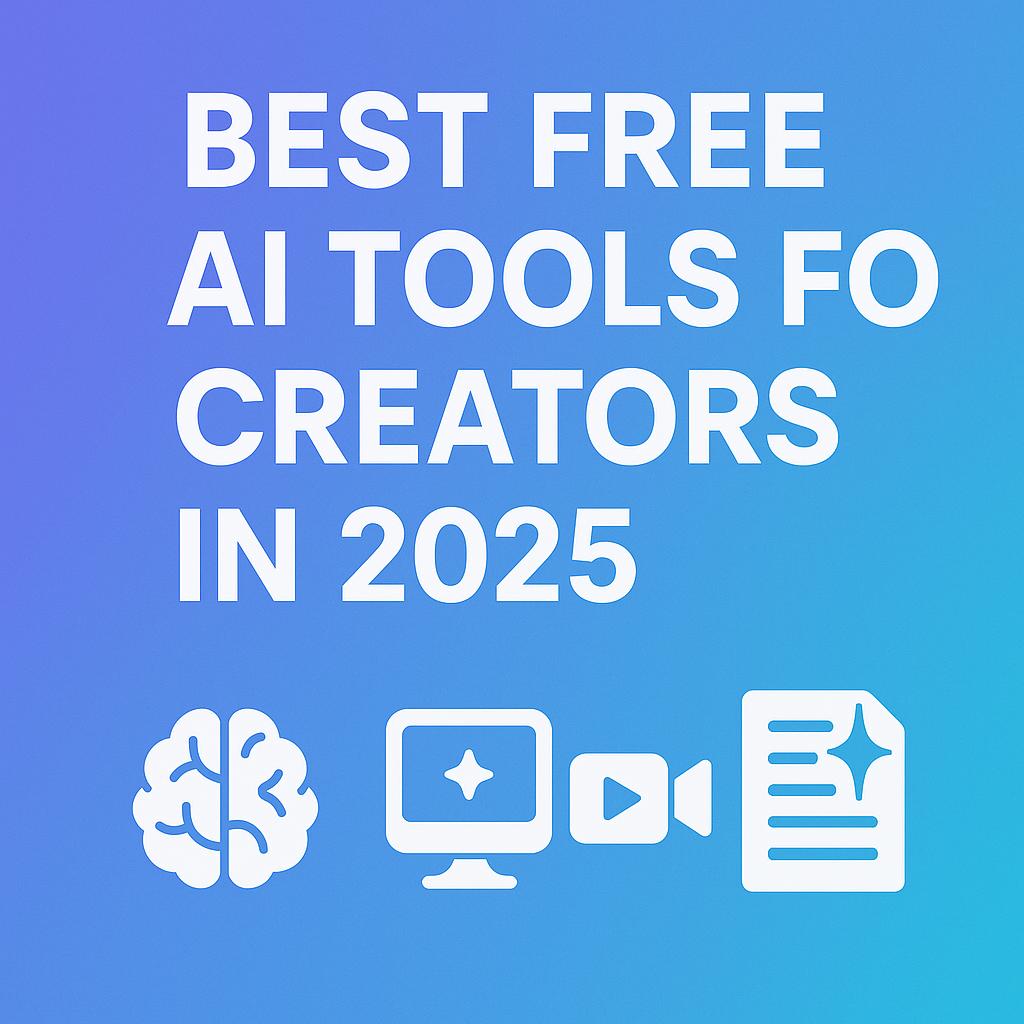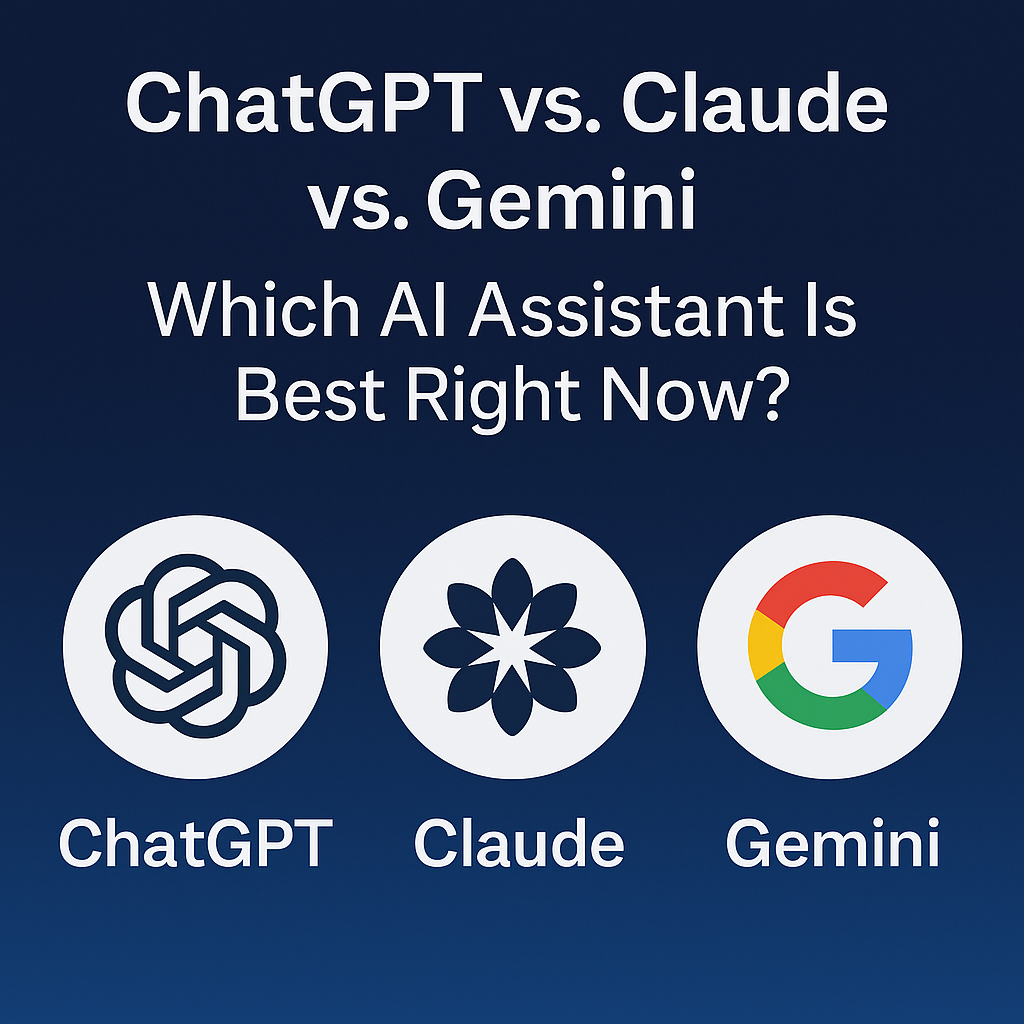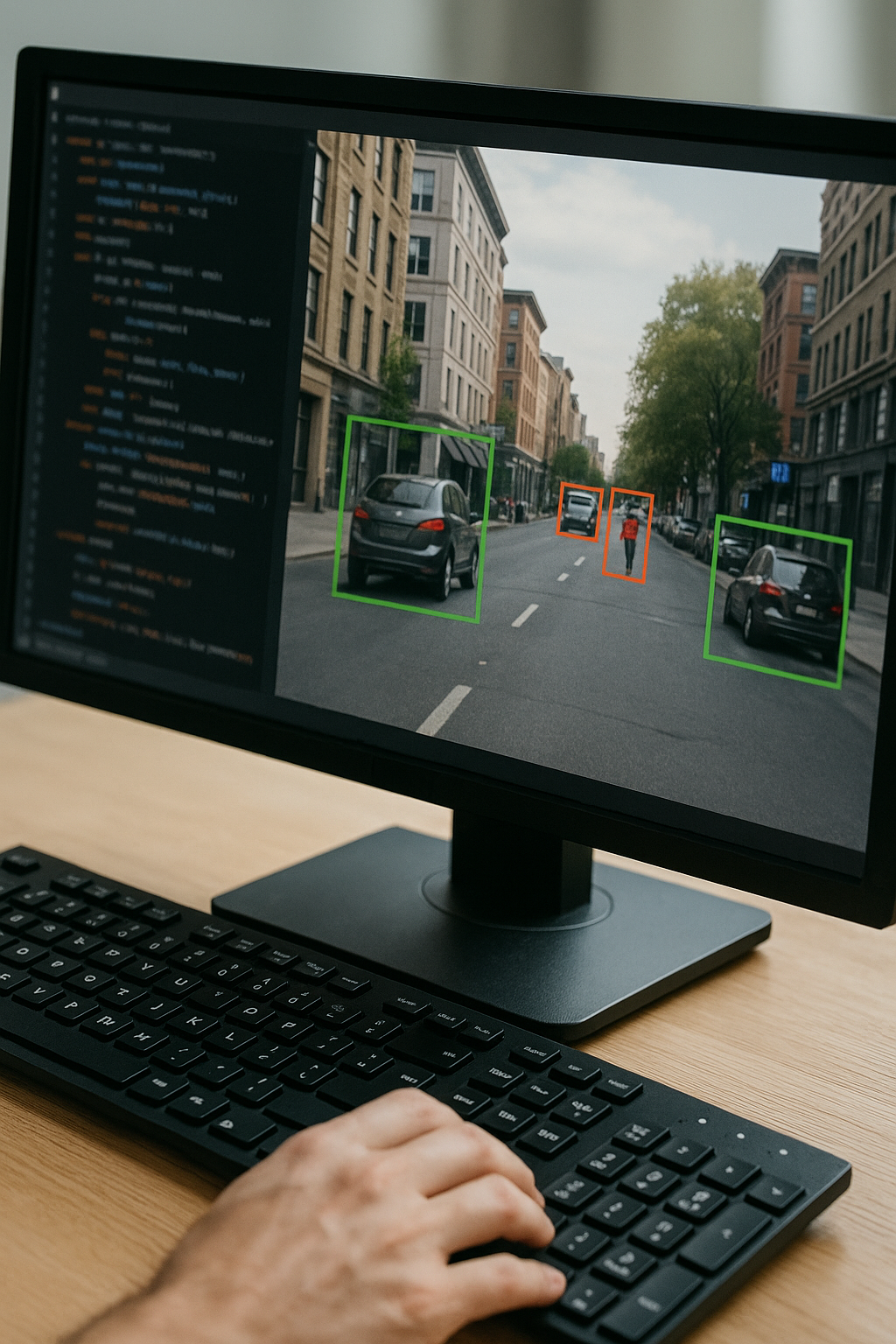The 7 Biggest AI News Stories of the Past Week
AI continues to dominate headlines
AI continues to dominate headlines, transforming industries and sparking debates about its societal impacts. From advancements in AI-powered tools to new ethical challenges, the past week was packed with developments that showcase both the promise and complexity of AI technology.
Here’s a detailed look at the seven most significant AI news stories from the past week, along with their broader implications for technology and society.
1. Elon Musk’s AI Rivalry with Sir Demis Hassabis Intensifies
Elon Musk’s competitive relationship with Sir Demis Hassabis, co-founder of DeepMind, took center stage this week as court-revealed emails shed light on the rivalry’s origins. Initially allies in advancing AI for humanity’s benefit, their partnership fractured after Hassabis sold DeepMind to Google in 2014, despite Musk’s expressed interest in investing.
- What Happened: Musk’s concerns about AGI (Artificial General Intelligence) potentially leading to a dictatorship fueled his decision to co-found OpenAI in 2015. He viewed DeepMind’s acquisition by Google as a potential threat, emphasizing the need for independent AI research.
- Why It Matters: The tension between two of the world’s most prominent AI visionaries highlights the ideological and ethical divides within the field. Musk’s vision focuses on transparency and public good, while Hassabis’s partnership with Google emphasizes resource consolidation for rapid advancement.
Broader Implications: This rivalry underscores the challenges of ensuring AI development aligns with global ethical standards, particularly as private companies increasingly dominate the field.
2. TwinMind Introduces AI Assistant That Listens and Learns
Startup TwinMind, founded by former Google X employees, unveiled its groundbreaking AI app, designed to act as a personal assistant that listens, remembers, and learns from user interactions. Dubbed the “AI version of Jarvis,” the app seeks to redefine how people interact with technology.
- Features: The app integrates with users’ calendars, emails, and daily activities to summarize tasks, transcribe meetings, and provide personalized assistance. Unlike many competitors, it operates locally on users’ phones to minimize battery drain, with optional cloud connectivity.
- Why It’s Unique: The app goes beyond traditional virtual assistants like Siri and Alexa by retaining and leveraging personal information for highly customized interactions.
Broader Implications: As AI assistants become more personalized, concerns about privacy and data security are likely to grow. TwinMind’s local processing feature could set a precedent for balancing personalization with user trust.

3. European Tech Investor Xavier Niel Advocates for AI Independence
Xavier Niel, one of Europe’s leading tech investors, urged European AI startups to resist early buyout offers, emphasizing the potential for Europe to become a global AI leader. His comments come on the heels of the rapid rise of Paris-based AI startup Mistral, which reached a €6 billion valuation within a year.
- Why It Matters: Europe has traditionally lagged behind the U.S. and China in AI innovation. Niel believes the continent’s strong educational foundations in mathematics and engineering can fuel a competitive AI ecosystem.
- Risks of Buyouts: Niel warns that selling AI startups to non-European companies risks compromising Europe’s commitment to privacy and transparency.
Broader Implications: As Europe seeks to establish itself as a global AI hub, fostering independence among startups could lead to groundbreaking innovations rooted in ethical AI principles.
4. AI-Powered Santa Claus Revolutionizes Holiday Magic
This holiday season, children can have personalized conversations with an AI-powered Santa Claus, thanks to a service launched by SantaPhoneCalls.com. The platform uses generative AI to simulate Santa’s voice and responses, making interactions feel unique and magical.
- How It Works: Parents input details about their child, such as their name and favorite activities, and the AI generates a personalized conversation.
- Why It’s Popular: Unlike pre-recorded messages, the AI adapts in real-time, creating a more immersive experience.
Broader Implications: AI is increasingly finding its way into cultural traditions, raising questions about how technology intersects with childhood experiences and family dynamics.

5. AI-Driven Scam Defrauds Woman of £20,000
An elderly woman in the UK was defrauded of £20,000 by a scammer posing as an AI-generated U.S. Army colonel. Using hyper realistic videos and personalized gifts, the scammer convinced the victim to pay fees for the delivery of a supposed life insurance payout.
- Why It’s Concerning: The scam demonstrates the increasing sophistication of AI in manipulating trust, from generating realistic visuals to creating compelling backstories.
- How It Was Done: The scammer used AI to produce videos that mimicked facial expressions and speech patterns, making the deception highly convincing.
Broader Implications: As AI-generated content becomes more realistic, public awareness campaigns and stricter regulations will be essential to combat fraudulent activities.
6. Nvidia Faces Challenges with New AI Chips
Nvidia, a leader in AI hardware, faced setbacks this week after reports of overheating issues with its new Blackwell AI chips. These problems, coupled with design-related delays, have forced Nvidia to request multiple redesigns from suppliers.
- Why It’s Significant: Nvidia’s chips power many of the world’s leading AI systems, from self-driving cars to large language models. Any delay in their rollout could impact the broader AI industry.
- Market Reaction: Nvidia’s stock dipped by 3% following the news, though it remains up 187% year-to-date.
Broader Implications: The challenges highlight the growing demands on hardware manufacturers to keep pace with AI’s rapid development while ensuring reliability and efficiency.
7. AI Labs Explore New Training Techniques
Major AI labs, including OpenAI and Google DeepMind, are experimenting with new training methods to address the limitations of current AI models. These approaches aim to mimic human-like thinking and reduce reliance on brute-force computing.
- Why It’s Needed: Current AI models require enormous resources, from energy consumption to specialized chips. New techniques could make AI more efficient and scalable.
- What’s Next: OpenAI’s o1 model is among the first to incorporate these methods, signaling a potential shift in the industry.
Broader Implications: If successful, these new techniques could democratize AI development, allowing smaller organizations to compete with tech giants.
The Bigger Picture: AI’s Rapid Evolution
These stories illustrate the pace at which AI is advancing and the wide-ranging impacts it has on technology, society, and ethics. From empowering startups in Europe to redefining holiday traditions, AI is touching every aspect of our lives—often raising as many questions as it answers.
Stay Ahead in the World of AI
Don’t miss out on the latest developments in AI! Sign up for our newsletter to receive in-depth analyses, expert insights, and exclusive updates on the most significant trends shaping the future of technology. Join our growing community and stay informed—subscribe today!
Sign Up For Our Weekly Newsletter and Get Your FREE Ebook " AI For Everyone - Learn the Basics and Embrace the Future"



